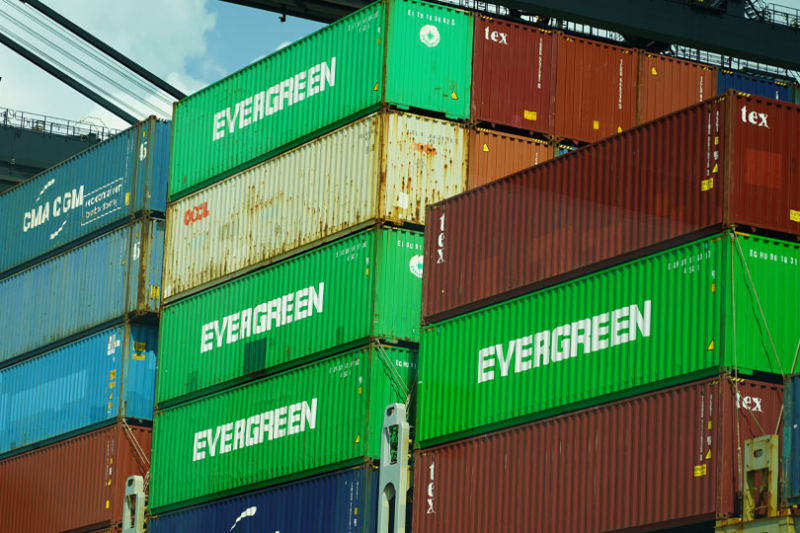By Emmy Powell
Communications Specialist
The United States recently announced a series of new trade deals that promise to expand opportunities for American agriculture and strengthen economic ties with global partners.
“Trade is essential to the success of America’s farmers and ranchers,” American Farm Bureau Federation (AFBF) President Zippy Duvall said. “Strong and enduring agreements help connect U.S. farmers to global markets, and Farm Bureau has long been a strong advocate for leveling the playing field for American-grown products.”
In 2023, U.S. agricultural exports were valued at $175.5 billion, with more than 20% of agricultural production sold abroad. According to AFBF, every dollar of agricultural exports generates an average of $2.06 in additional economic activity within the U.S.
The new agreements span the European Union, Australia, Japan, the Philippines, Indonesia, Vietnam and the United Kingdom.
Australia agreed to ease restrictions on U.S. beef imports, but near-term export gains may be limited.
The U.S.-UK trade deal removes tariffs on U.S. beef and ethanol, streamlines customs procedures for U.S. exports and places a 10% tariff on imports from the UK.
The agreement with Vietnam provides zero-tariff access for U.S. beef, corn and dairy, while suspending the threatened 46% tariffs on Vietnamese imports. It also sets a 20% tariff on most goods and imposes a 40% tariff on “transshipped” goods.
The deal with Japan sets a 15% reciprocal tariff on Japanese goods, down from 25%. Under the agreement, Japan committed to $550 billion in U.S. investments and expanded purchases of U.S. rice, corn, soybeans and sustainable fuels.
Indonesia’s trade agreement eliminates most non-tariff barriers on U.S. agricultural products and commits Indonesia to buying $4.5 billion of soybeans, soybean meal, wheat and cotton. As part of the deal, Indonesia will recognize U.S. regulatory authorities and certificates, and reciprocal U.S. tariffs will be capped at 19%, avoiding a proposed 32% rate.
The deal with the European Union is expected to strengthen economic ties between the two global powers. It includes the removal of all EU tariffs on U.S. industrial goods and a commitment from the EU to purchase $750 billion in U.S. energy. The agreement also addresses longstanding barriers to agricultural trade by streamlining sanitary and phytosanitary rules that have limited U.S. exports of pork, dairy and other farm goods.
The Philippines agreed to maintain an open market with zero tariffs on U.S. goods, while paying a 19% tariff on its exports.
“We appreciate that the administration is making agriculture a priority in ongoing trade discussions,” Duval said. “Opening new markets and working to strengthen existing partnerships will help ensure U.S. farmers can continue leading the world in producing safe, sustainable and affordable food for America’s families and families around the world.”


Leave A Comment